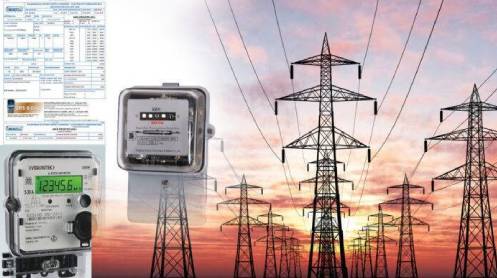ISLAMABAD: Pakistan’s electricity consumers face a daunting challenge as capacity payments to independent power producers (IPPs) are set to increase significantly, impacting electricity bills.
In the fiscal year 2023/24, capacity payments accounted for 71% of the power purchase price, with energy costs making up the remaining 29%. The burden on consumers was evident, with capacity charges reaching Rs 16.22 per unit compared to Rs 6.73 per unit for energy charges. For the fiscal year 2024/25, capacity payments are projected to surge to Rs 2.8 trillion, up by one-third from Rs 2.1 trillion in the current fiscal year, leading to a substantial impact on consumers’ bills.
During a public hearing by the National Electric Power Regulatory Authority (NEPRA), concerns were raised about the adverse effects of high electricity prices on industrial operations. Many industries have already closed, and further consumption reductions are expected with the anticipated rate hikes. The Central Power Purchasing Agency (CPPA) presented scenarios for the upcoming year, forecasting a Rs 5 per unit increase, adding Rs 310 billion to consumers’ bills. The total power purchase price is estimated to rise to Rs 3.58 trillion from Rs 3.28 trillion, with capacity payments comprising a significant portion of this increase.
Despite the rising capacity payments, new IPPs continue to be installed, with three recently added to the grid. These payments, indexed to the dollar, are exacerbated by the rupee’s devaluation, impacting financial stability. Even power plants with rupee-based investments receive dollar-indexed payments under existing agreements.
Capacity payments to idle power plants contribute substantially to inflated costs, with projections indicating consumers bearing the impact of inflation and high-interest charges. Energy costs for the next fiscal year are expected to range from Rs 8.61 to Rs 9.34 per unit, with capacity charges between Rs 15.49 and Rs 17.42 per unit.
Regarding net metering, progress has been made, with 870 MW from solar net metering added in the last eight months. NEPRA emphasized realistic electricity pricing based on actual demand and noted a shift towards solar-based electricity in industrial sectors.
The projected increase in distribution margins for Discos could further burden consumers, highlighting the challenges in balancing electricity affordability with sustainable power generation.
Story by Israr Khan







